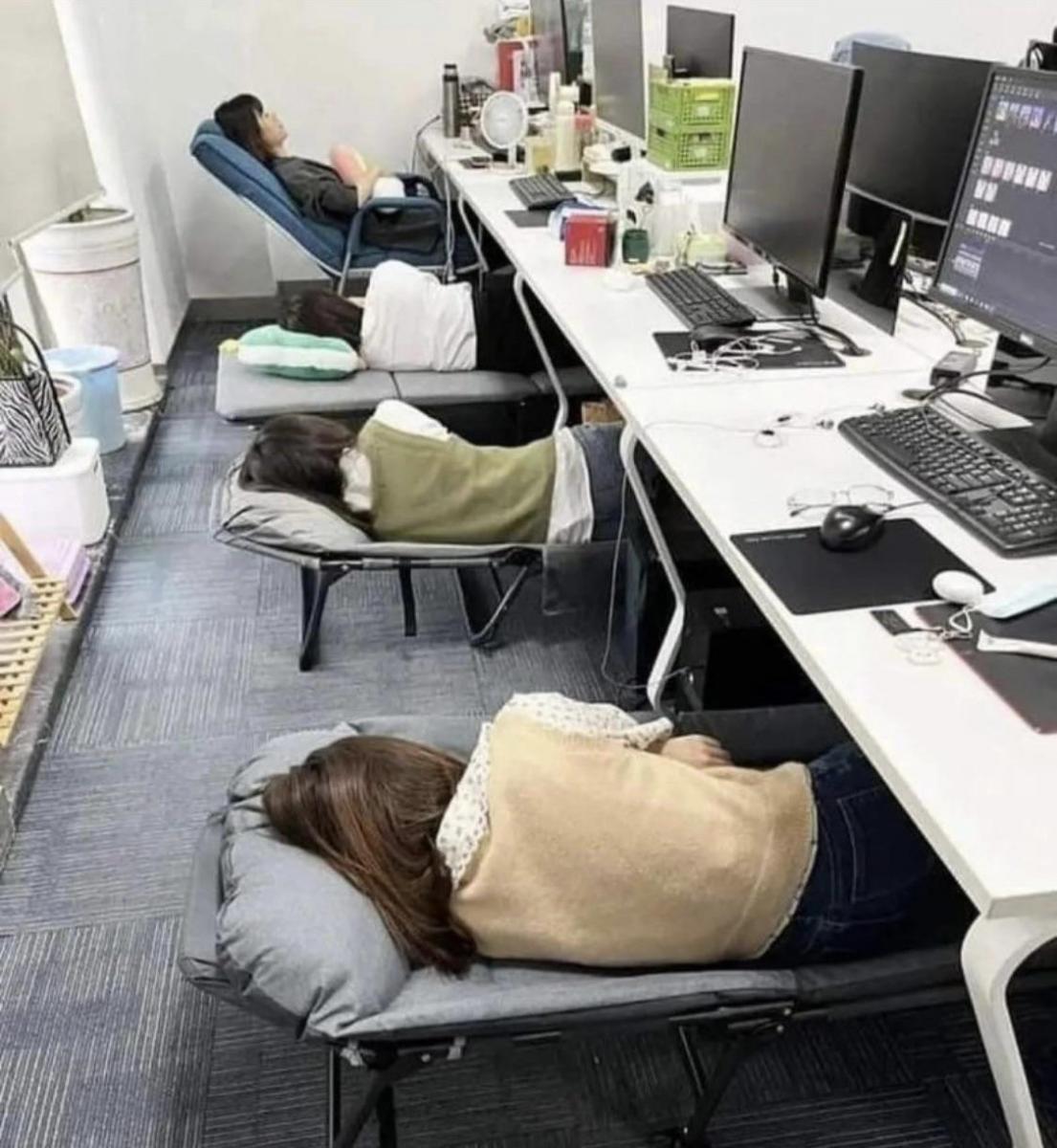There are no products in your shopping cart.
| 0 Items | £0.00 |


MANY Nigerian workers living in Lagos have resorted to sleeping in their offices during the week as a result in the incessant rise in transport fares brought about by the scrapping of the national petrol subsidy.
Upon assuming office last year, President Bola Tinubu decided to scrap the petrol subsidy, saying it was costing the nation $8bn a year, which the treasury could not afford. As a result, in September alone, the Nigerian National Petroleum Company adjusted petrol pump prices upwards twice to N855 and N950 from N617 in Lagos State and above N1,000 in other states of the federation.
In the most extreme cases, some workers have had to resort to resigning their jobs because the cost of transport was so high, it is not worth their while. In many parts of Lagos, however, especially on Lagos Island, workers have resorted to sleeping in their workplace to cut costs as they can no longer meet up with the increased transportation costs, which is digging deep into their salaries.
Mr. Dotun Owoyemi, who works on the Island and receives a five-figure salary said: “I live on the mainland and work on Lagos Island. Before now, I spent N800 to and from my workplace but now, I spend N2,500 to N3,000 daily. Those commercial bus drivers are not helping matters at all either.
“A destination of N200 fare, they increased it to N500 and that of N100 to N300. I earn just a five-figure salary and spend almost half of my monthly salary on transportation alone. This is not funny at all. I had to resign from work because this N70,000 minimum wage is not functioning in all private organisations, the truth be told.
Sandra Douglas added:”I’ve resigned already. I live around Elelonwo in Port Harcourt and was working at King Perekule, GRA. I spent N52,000 for transportation in a month for a job whose salary was not up to N100,000. I was working but couldn’t feed myself.”
Dorcas Chukwuma, a midwife who works in Marina said: “I worked as a midwife in one of the private hospitals in Marina but resigned recently due to the high cost of transportation. I was not the only one in my workplace that resigned, there were four of us.
“Living on the mainland and working on the Island is not easy at all, especially now that the cost of transportation has tripled. The cost of food and services has also followed. I just had to source another hospital on the mainland where I can work and spend less on transport fare instead of spending all my salary on transportation just to work on the Island."
Tunde Ayeni, who works in Lekki, said he now sleeps in the office during the week and returns home on Fridays to cut transportation costs. He added: “I work in Lekki and live in Abule Ado. Within two weeks of the increased fuel price, my transportation fare grew from N2,000 a day to N4,000.
“ I don’t receive up to N100,000 salary in a month, so I started sleeping in the office on weekdays and going back home on weekends. It is so ridiculous because these private companies are also struggling to survive and cannot increase salaries."